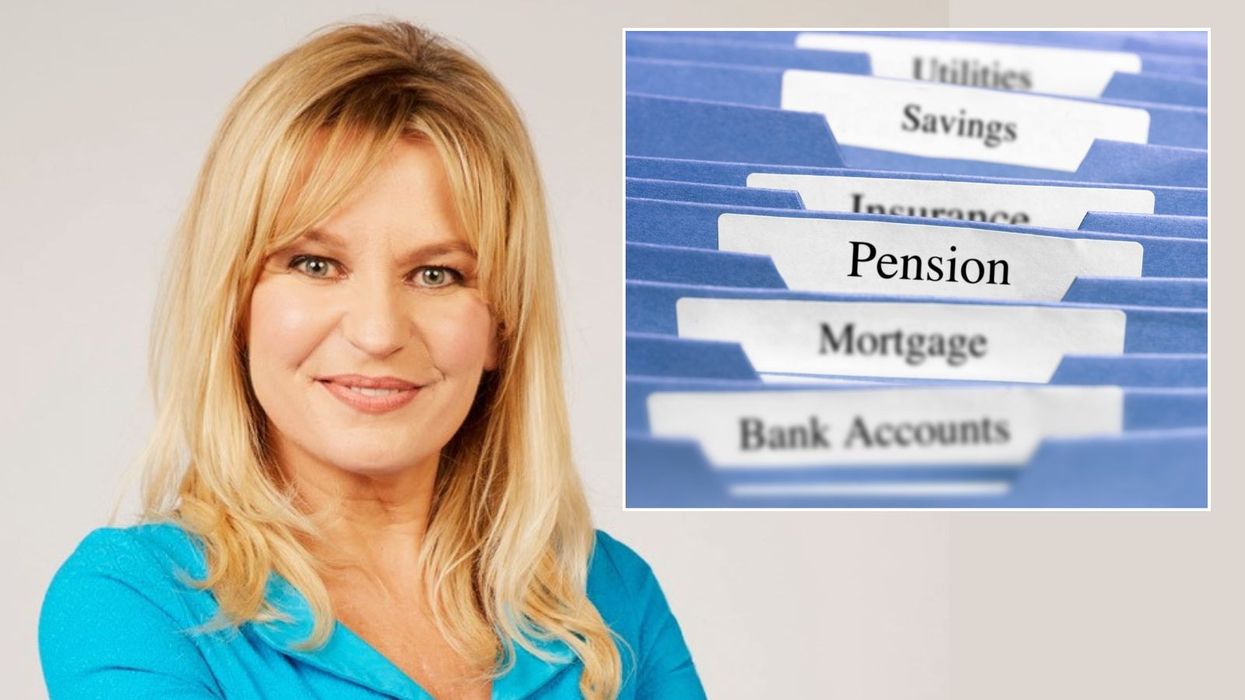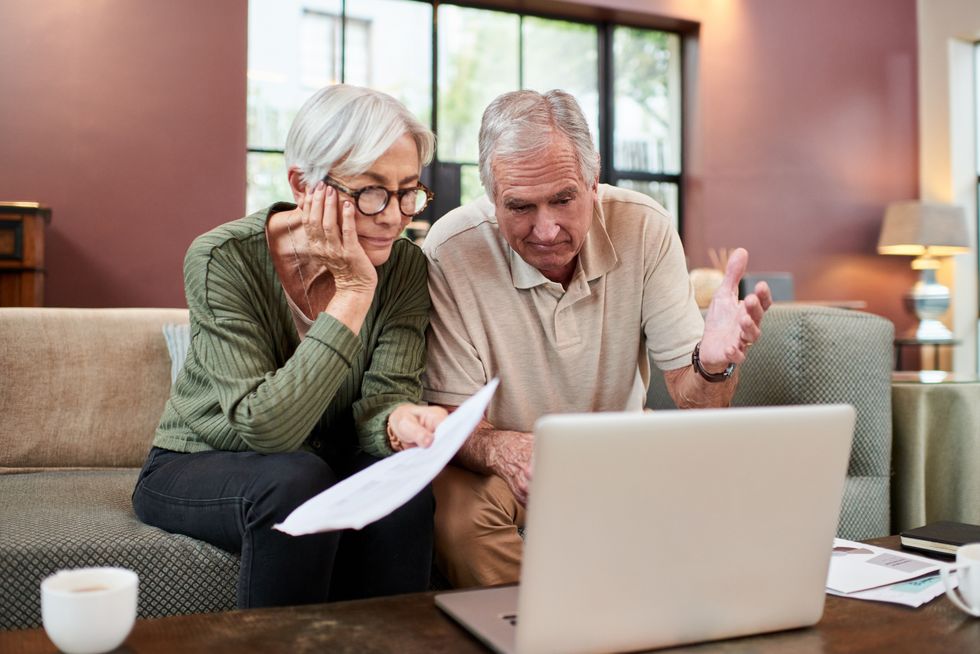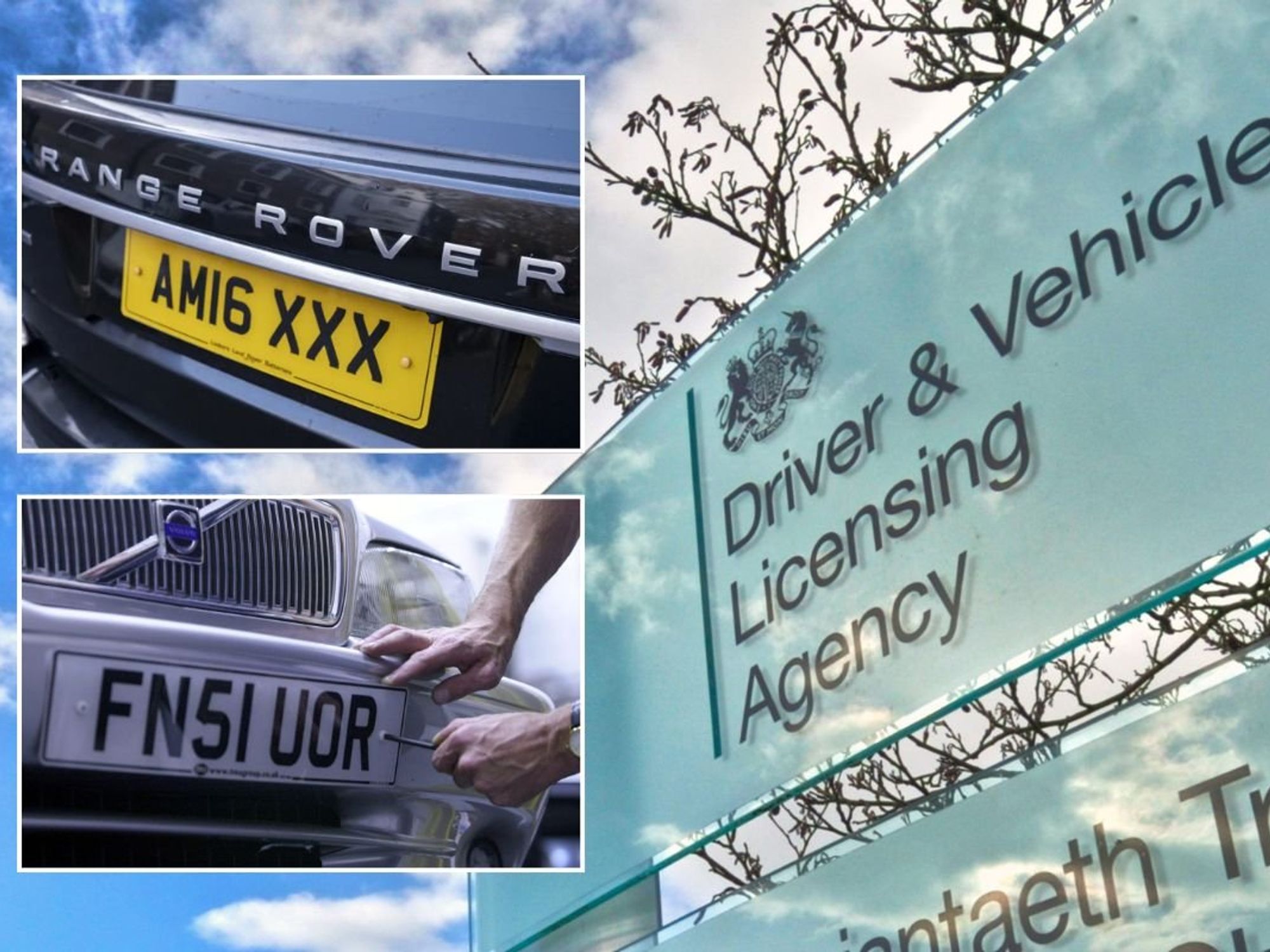'Can my ex-wife claim some of my state pension?' Jasmine Birtles answers your retirement questions

Jasmine Birtles is answering your pensions and retirement questions in an exclusive Q&A for GB News members
| JASMINE BIRTLES | GETTYIn this week's pensions and retirement Q&A, Jasmine Birtles looks at capital gains tax rules after a person approaching retirement was left concerned about the impact on their pension income
Don't Miss
Most Read
In GBN Membership's new and exclusive Q&A, money expert Jasmine Birtles shares her expertise on the pensions and retirement matters which are puzzling you. Submit your question by emailing money@gbnews.uk.
Question: "I am due to retire in July aged 66. I have sold my buy-to-let property for £200,000 (no mortgage and not my main residence). Do I have to pay capital gains tax (CGT)? If so, how much? Will it affect my state pension?
"Also my ex-wife contacted me asking for my NI number (we divorced decades ago). She wants to claim on my pension. Is this legal? Will it affect my pension?"
Jasmine replies: Yes it is likely that you will have to pay CGT (Capital Gains Tax) on the sale of your buy-to-let property.
The amount you pay will depend on how much profit you made on the sale – or how much HMRC calculates that you made.
Lee Murphy, Managing Director of The Accountancy Partnership, says: “Capital Gains Tax is paid on the difference between what it costs to acquire or purchase your home and its disposal sale price. You may need to pay Capital Gains if you dispose of – or sell – a property which isn’t a main home.
“Capital Gains Tax is charged at a percentage of the profit you make when you dispose of the asset. The rate varies depending on the type of asset you need to pay tax for and the rate of income tax you normally pay.
"Basic rate taxpayers must pay 18 per cent of the profit they make from a residential property. Higher rate taxpayers pay 24 per cent on disposals made from April 6, 2024 or 28 per cent if the disposal was before that date.”
So, if you’re a basic rate taxpayer and you bought your property for £100,000 and then sold it for £200,000 you will pay around £18,000 tax.
However, there are various adjustments you could potentially make to the profit you’ve made on the sale which could reduce the tax payment.
When it comes to reporting your taxable gain, Murphy adds: “The rules for reporting chargeable gains on the disposal of residential property are different to disposals of other assets and you must report the gain within 60 days of disposal.
"To do this, you’ll need to open an online CGT on UK property account using a Government Gateway ID, or request a paper form from HMRC.
“Paying Capital Gains Tax should not affect a state pension but it would be advisable to discuss any financial concerns with an accountant.
"Anyone reaching state pension age after April 2016 will receive the new state pension and this cannot be shared. I would advise speaking to a solicitor about your ex-wife’s expectation to claim on your pension.”
As to your other point about your ex-wife and your pension, Mike Ambery, Retirement Savings Director at Standard Life, part of Phoenix Group, says: "As you’re retiring after April 2016, you’ll be eligible for the new state pension, payment of which isn’t affected by divorce.
"However, if you’re entitled to a ‘protected payment’, an extra payment on top of your full state pension payable if your entitlement under the pre-2016 rules was higher you might have been ordered to share this.
"This should have been taken into account at the time of your divorce. You can check your state pension forecast online, by filling in an application form and sending it by post or by calling the Future Pension Centre.
"The rules are different for private pensions, which are usually all considered on divorce.”
DON'T MISS:

Jasmine Birtles is answering pensions and retirement questions in an exclusive Q&A for GB News members
|GETTY
So, it looks like your ex-wife doesn’t have a right to part of your pensions, unless it was agreed in the divorce negotiations.
It may be worth speaking to a financial advisor or tax accountant, giving them all the paperwork from your divorce just to make sure.
It will cost you a few hundred pounds but if your ex is agitating about it it would be worth getting a professional statement to send to her.
Jasmine Birtles is a personal finance expert, TV and radio presenter and author of 38 books.
Her website, MoneyMagpie.com, covers all aspects of personal finance from money-saving and money-making ideas to investment and pensions information. She is a keynote speaker at conferences around the world.










